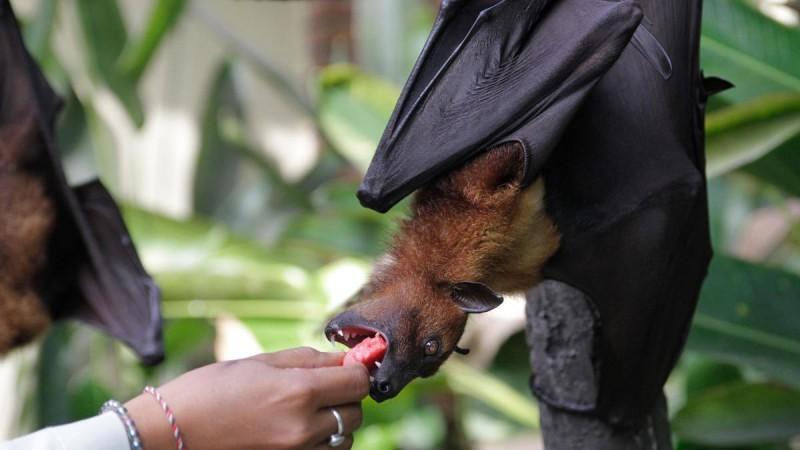Five months have passed since the first case on novel coronavirus infection has reported in the Chinese city of Wuhan. Ever since, the doctors and researchers have been on the mission to find the index source of the spread of this deadly virus that has been grappling the whole world, killing millions of humans.

The most prominent conclusion these researches hitherto gained points that the Sars-CoV-2 virus almost certainly originated in bats. Pangolins, on the other hand, are also recognised as a profound intermediary species that can spread Sars-CoV-2 in humans.
According to the study reports, bats have evolved fierce immune responses to viruses, which can, in turn, help the viruses to replicate faster in them. As other animals, including humans, lack this fast-response immune system, the Sars-CoV-2 virus, when moved into our bodies, spreads quickly.
Panic among Bengaluru residents
As more reports underlining bats as the key source of coronavirus transmission spread, the Bengaluru residents are all panicked to find large flocks of these mammal birds hanging on the fruit trees in their residential areas.
The Bruhat Bengaluru Mahanagara Palike (BBMP) forest cell volunteers have been receiving call from the residents to take immediate action against the mammals, possibly by cutting off the trees.
Although in a study by the Indian Council of Medical Research (ICMR) has found the presence of a different kind of coronavirus in two bat species, no evidence or research to claim the spread of virus to humans from bats have been established.

Fruit-eating bats have been, but, identified as the chief carriers of the Nipah virus that have previously caused havoc in parts of Kerala.
Are bats the real carriers?
According to scientists in National Institute of Virology (NIV), Pune, "These bat coronaviruses have no relation with SARS-CoV2 responsible for the COVID-19 pandemic," Yet, the people seemingly have gone far too serious on considering the mammals as the possible carriers of the contagious virus.
In an email complaint received at the BBMP head office stated that the complainant's neighbour's chickoo tree often has large flocks of bats hanging on it and that these birds' excreta fall on their clothes in addition to the half-eaten fruits dropped into their premises. "Please have that tree removed," the letter concludes.

Most of the complaints received underline the huge threat the residents face due to these birds.
The wildlife volunteers and other associated authorities are trying to make the people understand the least chances of the spread of Sars-CoV-2 through these bats. The volunteers try to explain that though Coronavirus is found in two bat species, they are found incapable of affecting human beings.









